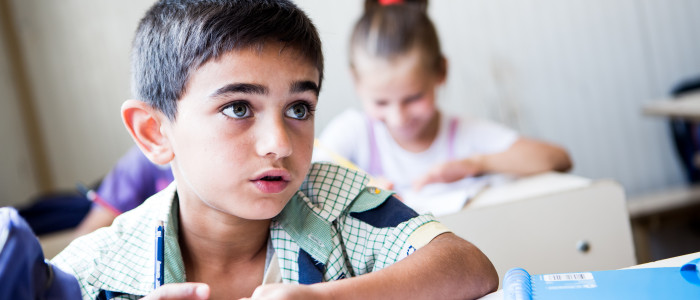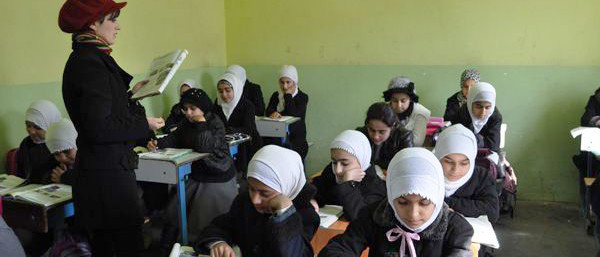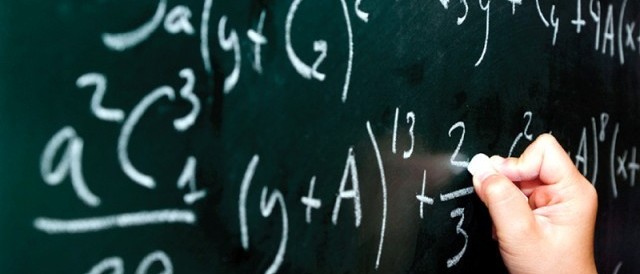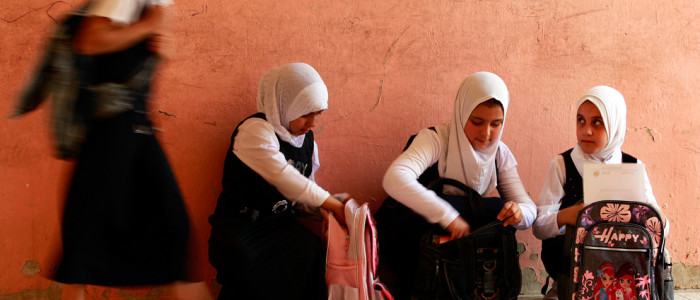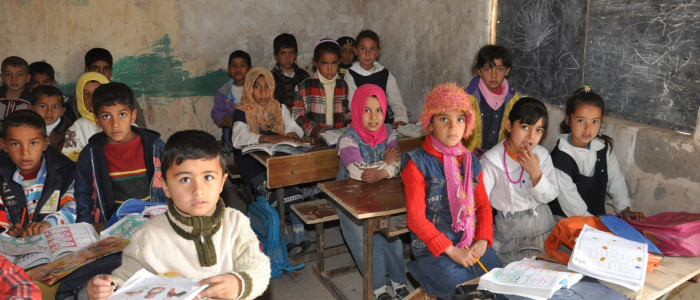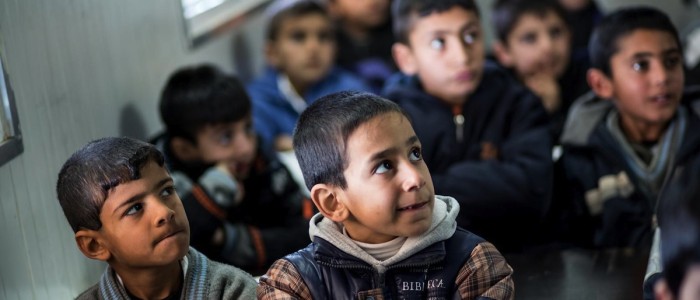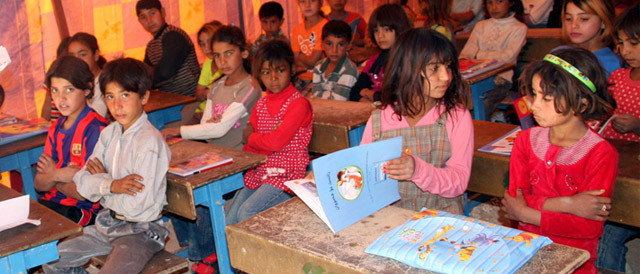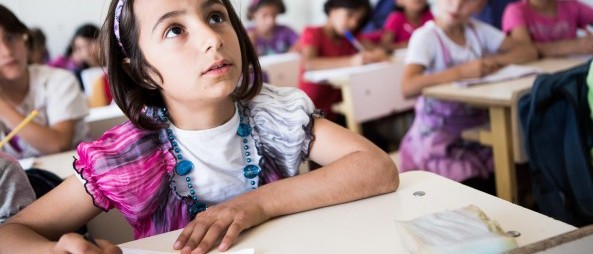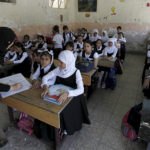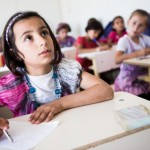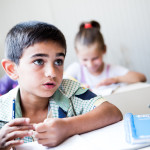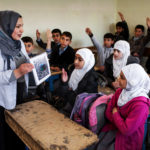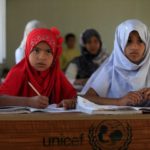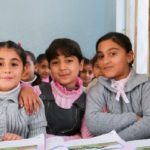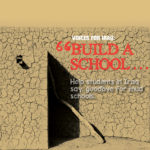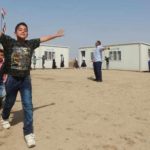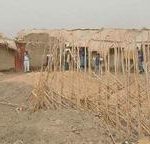Many school age children had fled their homes in the Northern and Western provinces of Iraq because of the conflicts. Camps in Kurdistan province and throughout Iraq are filled with tens of thousands of school age children who are deprived from basic education in addition to suffering malnutrition.
Although UNICEF and few other organizations try to provide services in education, child protection, water, sanitation and hygiene, and health and nutrition, still, the mass refugee population is out of reach.
The purpose of all articles and research papers, which express the visions of the subject matter experts, are to handle specific aspects of the education field in Iraq.
Iraq historically has had high literacy rates. A comprehensive literacy campaign in the 1970s and 1980s helped reduce illiteracy to 20 percent in 1987. However, since then, most adult and non-formal education programmes have stopped, and today illiteracy is widespread with almost 30 percent of the rural population unable to read or write. In Iraq, an estimated five million people are illiterate; this includes 14 percent of school age children currently out-of-school as they have no access to suitable schooling or are obliged to contribute to household income. Overall, 22 percent of the adult population has never attended school, and only nine percent of adults have completed secondary education. Significant gender disparities are also a matter of concern with illiteracy rates reaching higher than 47 percent among women in some areas.
According to the Iraq Household Socio-Economic Survey of 2007, almost 23 percent of Iraqis are illiterate. This study carried jointly by the World Bank and the Government of Iraq’s statistical unit further disaggregates data by gender and illustrates that over a quarter of the female population is illiterate. While males and females seem to have almost the same access to primary education, significant differences are marked as early as Intermediate School with less than 11 percent of females having attended, whereas male attendance reached almost 15 percent. In Secondary School, the disparity is greater with about 10 percent of males compared to six percent of females having attended secondary schools. Rural areas are disproportionately affected, with only four percent of the overall population attending secondary schools.
These figures and statistics demonstrate the great need to improve literacy rates in Iraq and strengthen the non-formal education sector, in order to address the disparities that have emerged as a result of lack of schooling. UNESCO has addressed this in several ways to date. It has instituted, and continues to expand, several Community Learning Centres across the country and a National Resource Learning Centre in Baghdad. It has piloted several programs and initiatives for the promotion of literacy and the development of life skills, and is focused on incorporating HIV/AIDS awareness into both formal and non-formal education programs, in order to reach the most vulnerable segments of the population.
Report by UNESCO OFFICE FOR IRAQ
